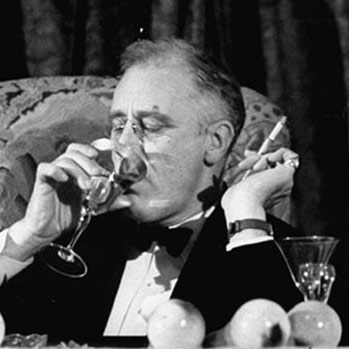On February 23, 1898, Émile Zola was imprisoned in France after writing J’accuse, a letter accusing the French government of anti-Semitism and wrongfully imprisoning Captain Alfred Dreyfus. Zola was a leading force in extending realism to the novel.
Fifty-eight years earlier, Austrian economist Carl Menger was born.
Menger [shown in sketch, above] would go on to contribute to the development of the theory of marginal utility, which supplanted cost-of-production theories of value in economics, in his first book, translated into English as Principles of Economics. Though expert in mathematics (he served as tutor in economics and statistics to Archduke Rudolf von Habsburg, the Crown Prince of Austria, starting not long after the publication of the Principles), his approach to marginal theory was the least mathematical of his famous “co-discovers” of the principle, William Stanley Jevons and Leon Walras. Rooted in a subjective theory of value, it was the most realistic and least model-based of the marginalist revolutionaries, and he was most interested in price formation, not “price determination,” which focused almost exclusively on equilibrium conditions. He developed an evolutionary theory of money, as well. In his second book, he expanded upon invisible hand processes in society — made most famous in Adam Smith’s Wealth of Nations (1776) and contributed the opening salvo in what came to be known as the Methodenstreit, in which he attacked the misuse of historical method in economics by the technocratic “socialists of the chair” in the German-speaking world.
Zola died in 1902; Menger died in 1921.





